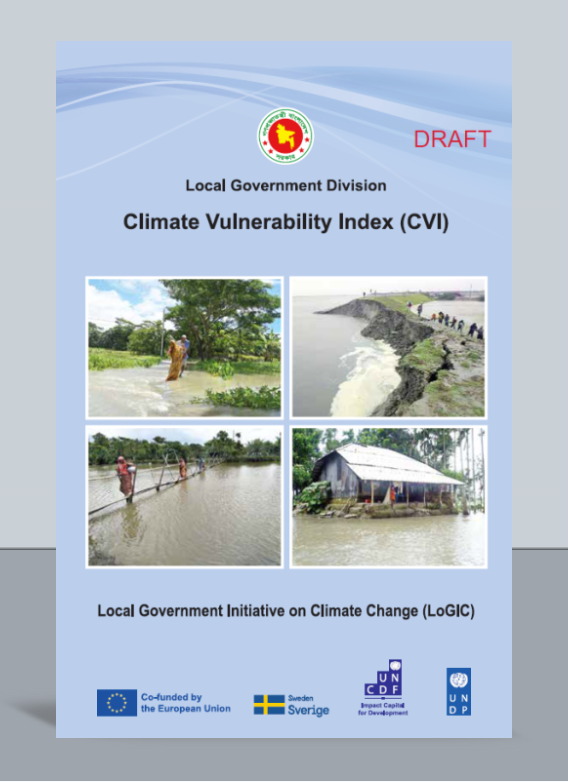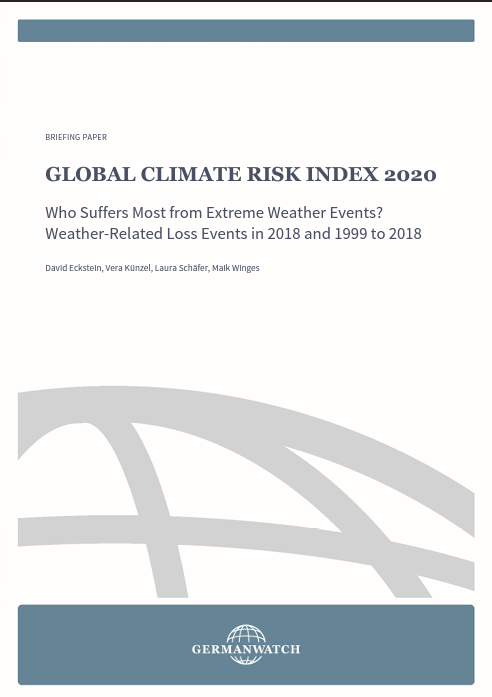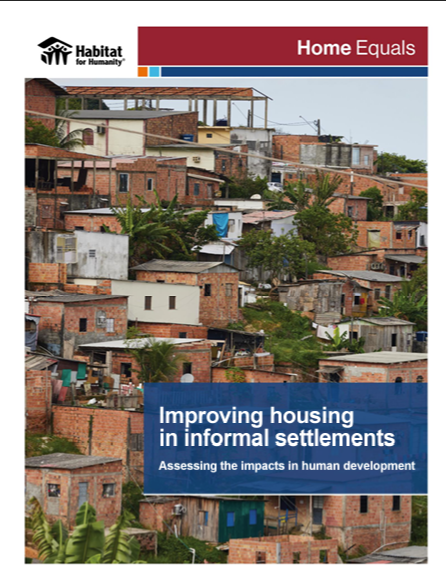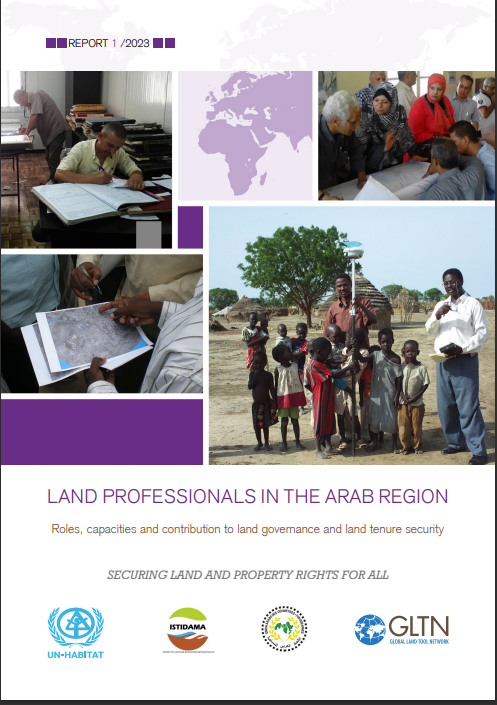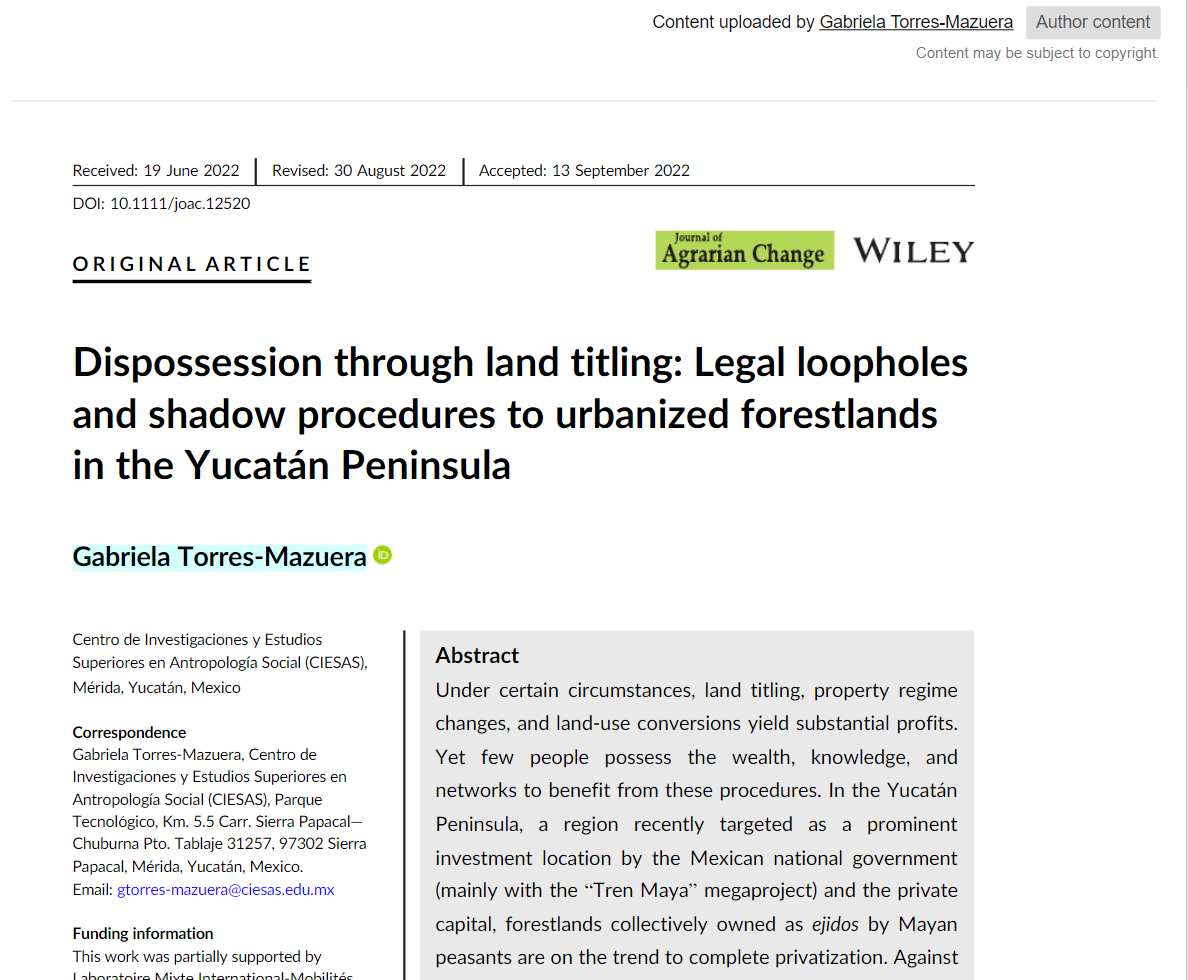
Topics and Regions
Landpages.co.ke is a medium of passing this message.
Details
Public Email
Location
Contributions
Displaying 241 - 250 of 740Bangladesh Forest Conservation Bill of 2023
Exploring Secure Tenure in Urban Bangladesh
Climate Vulnerability Index (Draft)
Bangladesh is vulnerable to both disasters and climate change and ranked the seventh extreme disaster risk-prone country in the world as per the report from the Global Climate Risk Index 2021. Most development projects in the country address reducing vulnerability to disasters or poverty, and it is well-recorded how local people have their own well-established coping capacities. Tropical cyclones, tornadoes, floods, coastal and riverbank erosion, droughts, landslides are the major climate-induced hazards in Bangladesh.
Global Climate Risk Index 2020
The Global Climate Risk Index 2020 analyses to what extent countries and regions have been affected by impacts of weather-related loss events (storms, floods, heatwaves etc.). The most recent data available— for 2018 and from 1999 to 2018 —were taken into account. The countries and territories affected most in 2018 were Japan, the Philippines as well as Germany. For the period from 1999 to 2018 Puerto Rico, Myanmar and Haiti rank highest.
Amazon 2030 – Sustainability Issues in the World´s Largest Rainforests Region
The symposium "Amazon 2030- Sustainability Issues in the World´s Largest Rainforests Region" is being organised by the Inter-University Sustainable Development Programme (IUSDRP), the International Climate Change Information and Research Programme (ICCIRP), Hamburg University of Applied Sciences (Germany), Manchester Metropolitan University (UK) and the Federal University of Western Pará (UFOPA), in collaboration with various organisations.
Improving housing in informal settlements: assessing the impacts in human development
Highlights the impact of large-scale housing improvements in a country, enabling everyone living in informal settlements to have equitable access to adequate housing.
Land Professionals in the Arab region. Roles, capacities and contribution to land governance and land tenure security
A functioning land sector is foundational to peace and stability, sustainable development, economic growth, food security, environmental conservation and poverty reduction in the Arab region. Effective and fit-for-purpose land administration is an important precondition for the functioning of the land sector and the foundation for good land governance.
Dispossession through land titling: Legal loopholes and shadow procedures to urbanized forestlands in the Yucatán Peninsula
Under certain circumstances, land titling, property regime changes, and land‐use conversions yield substantial profits. Yet few people possess the wealth, knowledge, and networks to benefit from these procedures. In the Yucatán Peninsula, a region recently targeted as a prominent investment location by the Mexican national government (mainly with the “Tren Maya” megaproject) and the private capital, forestlands collectively owned as ejidos by Mayan peasants are on the trend to complete privatization.
How to Identify and Shift Harmful Gender Norms in the Context of Land and Natural Resources
USAID programs and Missions implement activities that improve land rights, support inclusive land and resource governance, build resilient livelihoods, and promote women’s empowerment. This brief explores the relationship between gender norms and women’s land rights, introducing key social norms concepts and tools to identify and shift harmful norms in the context of land and natural resources.


